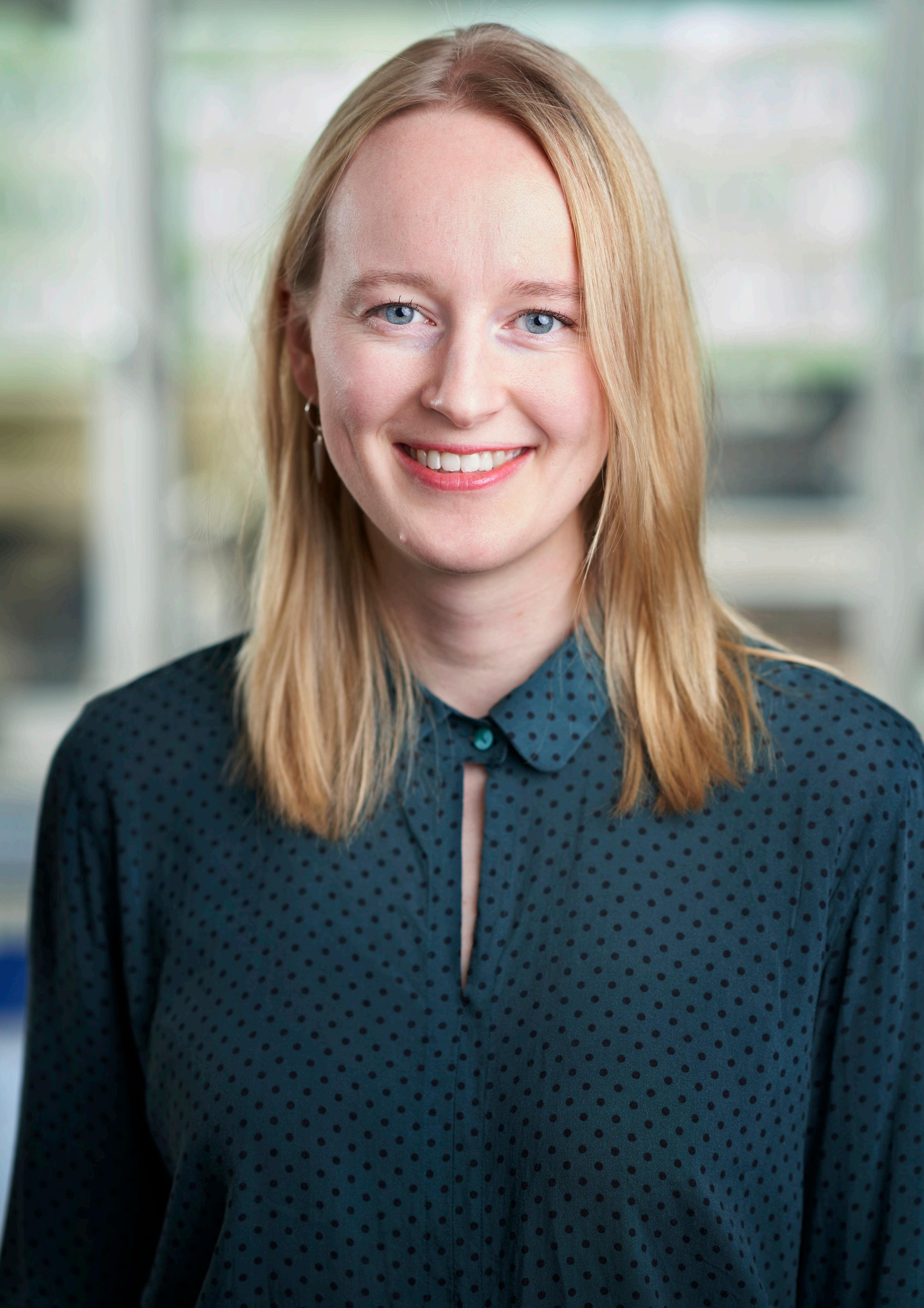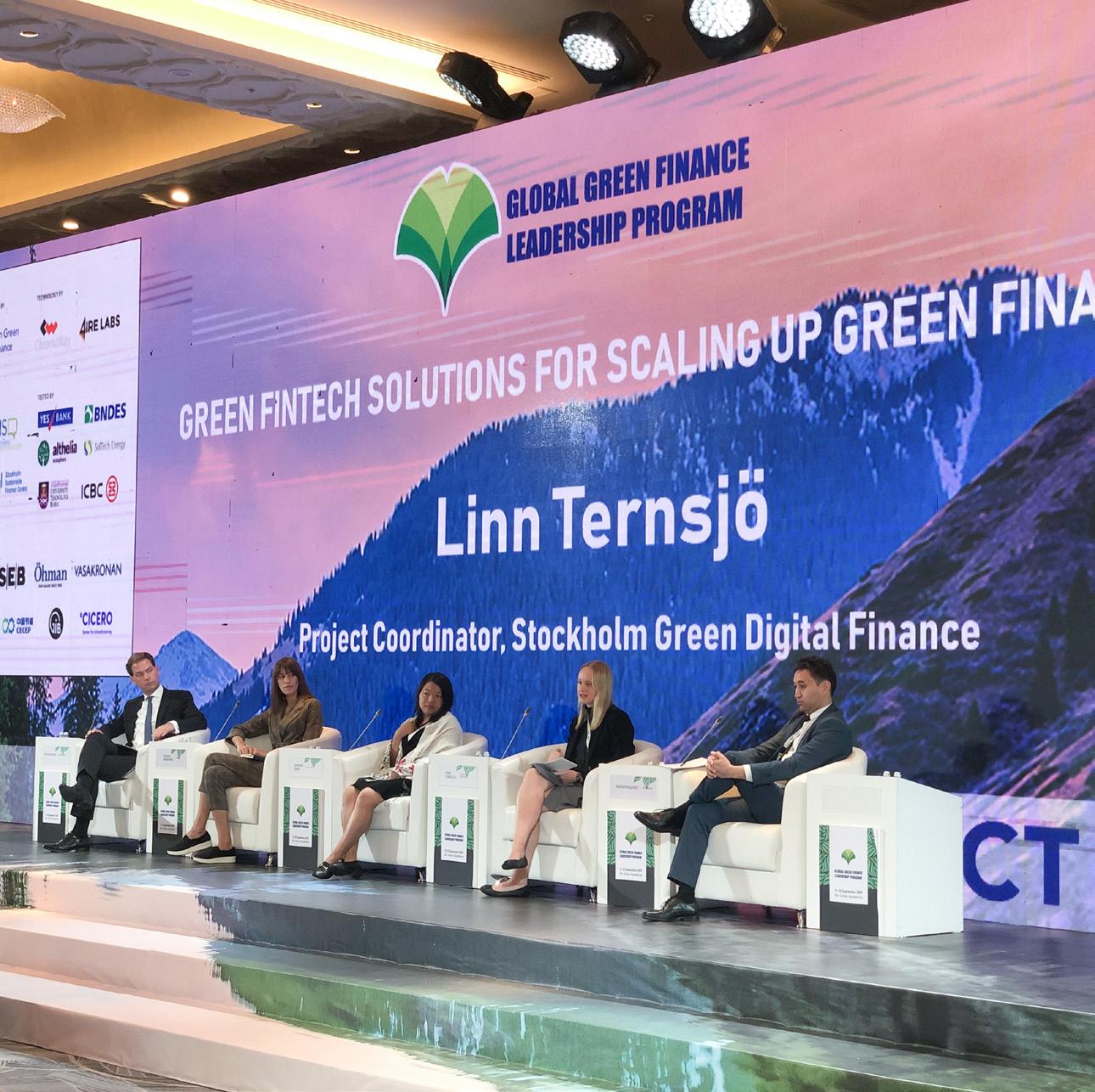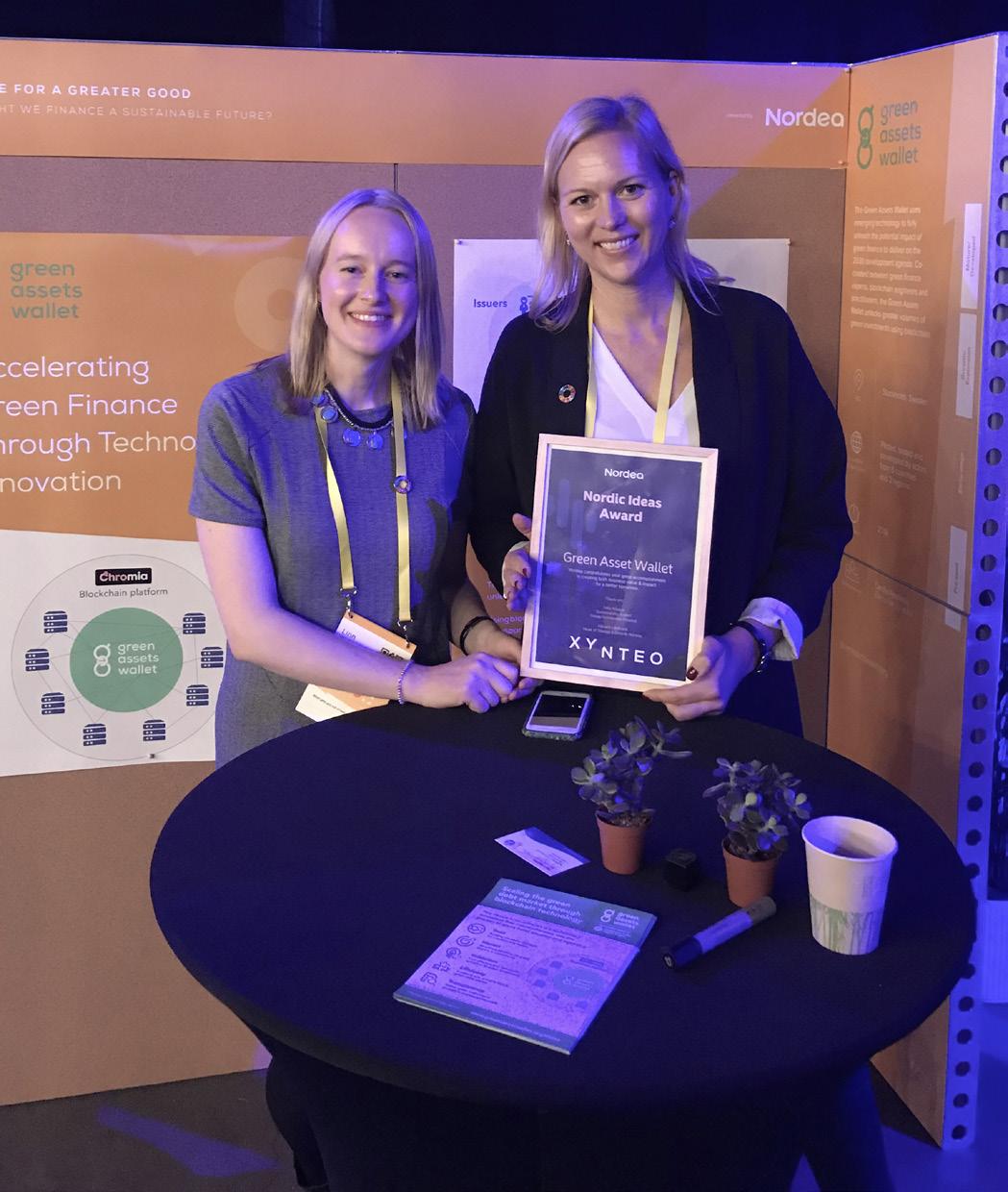
5 minute read
ON FIGURING LIFE OUT
by AISB
by Linn Ternsjö ('12)
It has been almost eight years since I graduated from AISB. A lot has changed since then. For one I’ve moved back to my home country Sweden, and I just started my PhD in Economic History with a focus on sustainable development. On the other hand, a lot is very much the same. I still love to engage in global issues. The only difference is that instead of speaking at assemblies and encouraging the school to offset its carbon footprint and to sell exclusively Fairtrade coffee, I’m researching similar issues defined by the global Sustainable Development Goals (SDGs). How, for example, can we accelerate transformations of existing production and consumption systems (SDG 12)? And what are the historical parallels?
I still love to be active. I was far from the best at swimming or cross country running at AISB, but the sense of community and belonging was always incredible.
Wherever I’ve been since then I’ve always made an effort to be part of a sports group, and I’ve had some of the best conversations on a hiking trail. Above all, I still love to learn new things and to be in international contexts. Otherwise I wouldn’t have moved as much as I have since graduating high school.
My years at AISB have been very formative of who I am today. I went there between 5th and 12th grade after all, and my mum still teaches at the school. Before moving to Budapest I attended a Victorian primary school in the English countryside. Apart from hearing an array of different English accents on my first day at AISB, I remember being amazed at how I was suddenly able to wear (almost) whatever I wanted and that I was encouraged to speak up and express my opinions. Long gone were the itchy school uniforms and worn classrooms with a teacher lecturing in front of thirty children.
Over the years I made amazing friends, not least thanks to all the community service activities I enjoyed being part of. One of the bigger things I started together with Evelyn Cools and the support of Mr Burns, was the “Senegal Project”. We came in contact with a school for young children living in poverty and after visiting it ourselves, we initiated a fundraiser and sponsorship program for three students. With the help of Madame Fabiny, we raised awareness across AISB by linking the project to World Language Week. As far as I’m aware, the project is still ongoing.
Since then, my commitment to global issues has taken slightly different forms. I studied Economics and Development at SOAS, University of London, before taking a year out to intern at the Swedish Ministry for Foreign Affairs and Embassy in Rwanda. I remember being insecure about my Swedish, having grown up abroad, but at the same time I had dreamt of doing this for a while. In hindsight I’m happy I was brave enough to take on such a new challenge with no guarantees. It gave me confidence and perspective going back to my studies.
In 2016 I started my Master in International Development and Management and the year after, I moved to Ethiopia to intern for the United Nations Development Programme (UNDP). I ended up staying eight months, and I left the comfortable bubble of the United Nations toward the end to conduct field research on women’s employment in the garment industry. I was interested in finding out the experiences of women factory workers, which led to countless hours of catching minibuses around Addis Ababa and interviewing incredibly resilient women whose opinions had sometimes never previously been asked for.

At the beginning of 2019 I left my job as a Sustainability Consultant for EY to oversee the second phase of a project called the Green Assets Wallet, the first blockchain platform for validating green bonds and reporting on green impact. Having previously worked for some very large organizations, it was fascinating to work in a small startup environment in the nexus between fintech and sustainability.

I even had the chance to speak on a panel in Kazakhstan, about our platform and its potential to step up investments needed to deliver on the Paris Climate Agreement and the SDGs. A few months later I found myself organizing a workshop in Kenya with the Nairobi Securities Exchange and International Financial Centre Authority. On all these occasions, I’ve felt just as nervous, but at the same time it’s been very fulfilling to work on something that I believe is making a difference.

I believe everyone has the ability to do good in their own way. You can get involved in your local community, donate to organizations that are working on important global issues, or you can carve out a career for yourself that has a positive impact on the world.
More recently I’ve thought about how I can best make a difference, and it’s what has led me to my current role. I’ve only just started my PhD in Economic History at Lund University School of Economics and Management and also the Agenda 2030 Graduate School. I’m not studying this subject because I’m interested in how countries can grow as fast as possible based on past experiences, but rather because I’m interested in understanding societies and how we can address pressing challenges such as inequality, poverty, and accelerating climate change. I genuinely hope it will enable me to make a bigger impact later on, be it in research, government policy or elsewhere.
Having said this, the above can sometimes feel like a lot of pressure when you’re just trying to figure out life and what step to take next. Personally I think that being a kind person and helping who you can, when you can is very powerful. That also makes a big difference! For those of you who are still at AISB, I encourage you to take advantage of everything that the school has to offer. Find a cause that you feel compelled to do and have the courage to sometimes try something out of your comfort zone.


